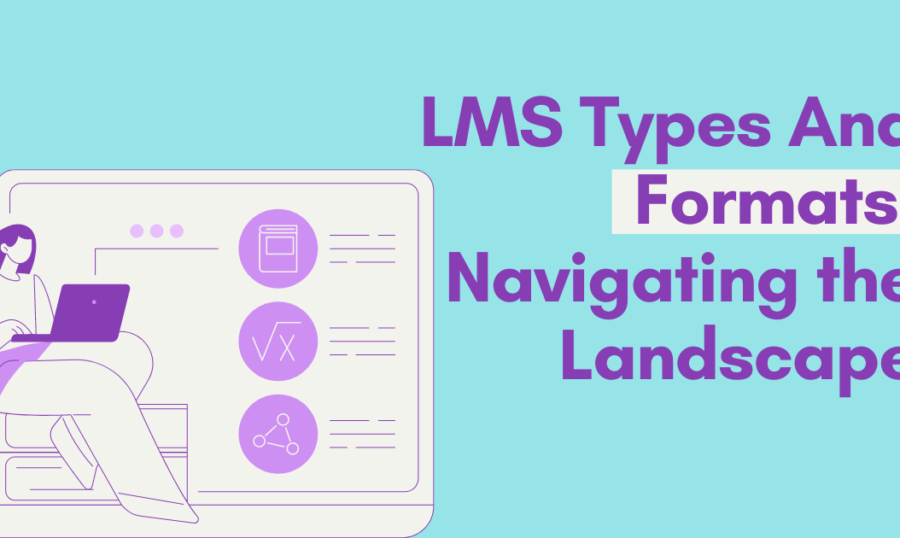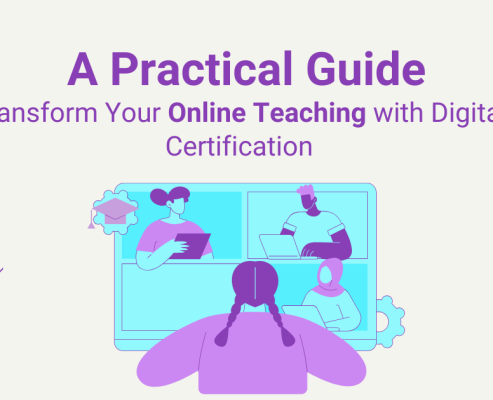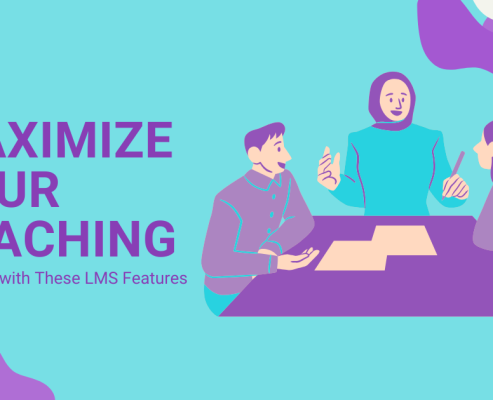Understanding the Spectrum of LMS Types
The Learning Management System (LMS) market is diverse, offering a plethora of options tailored to meet the unique needs of organizations and educational institutions. At its core, an LMS serves as a digital platform for managing, delivering, and tracking educational courses and training programs. The choice between cloud-based and on-premise LMSs is one of the first considerations. Cloud-based LMSs are renowned for their scalability and ease of access, allowing organizations to support remote learning environments effortlessly. Conversely, on-premise LMSs offer heightened control over data and system customization, appealing to
entities with stringent data security and privacy requirements.
Selecting the Right Format for Your Needs
Beyond the basic types, LMSs vary in the formats they support, encompassing everything from simple text-based courses to interactive multimedia learning experiences. Some systems specialize in microlearning, offering short, focused modules perfect for on-the-go training, while others provide comprehensive course structures ideal for in-depth learning. The decision on the right LMS should be influenced by the organization’s training objectives, the nature of the content being delivered, and the learners’ preferences. Whether prioritizing flexibility, user engagement, or content security, there’s an LMS format that aligns with every organizational strategy, ensuring that educational goals are met efficiently and effectively.





